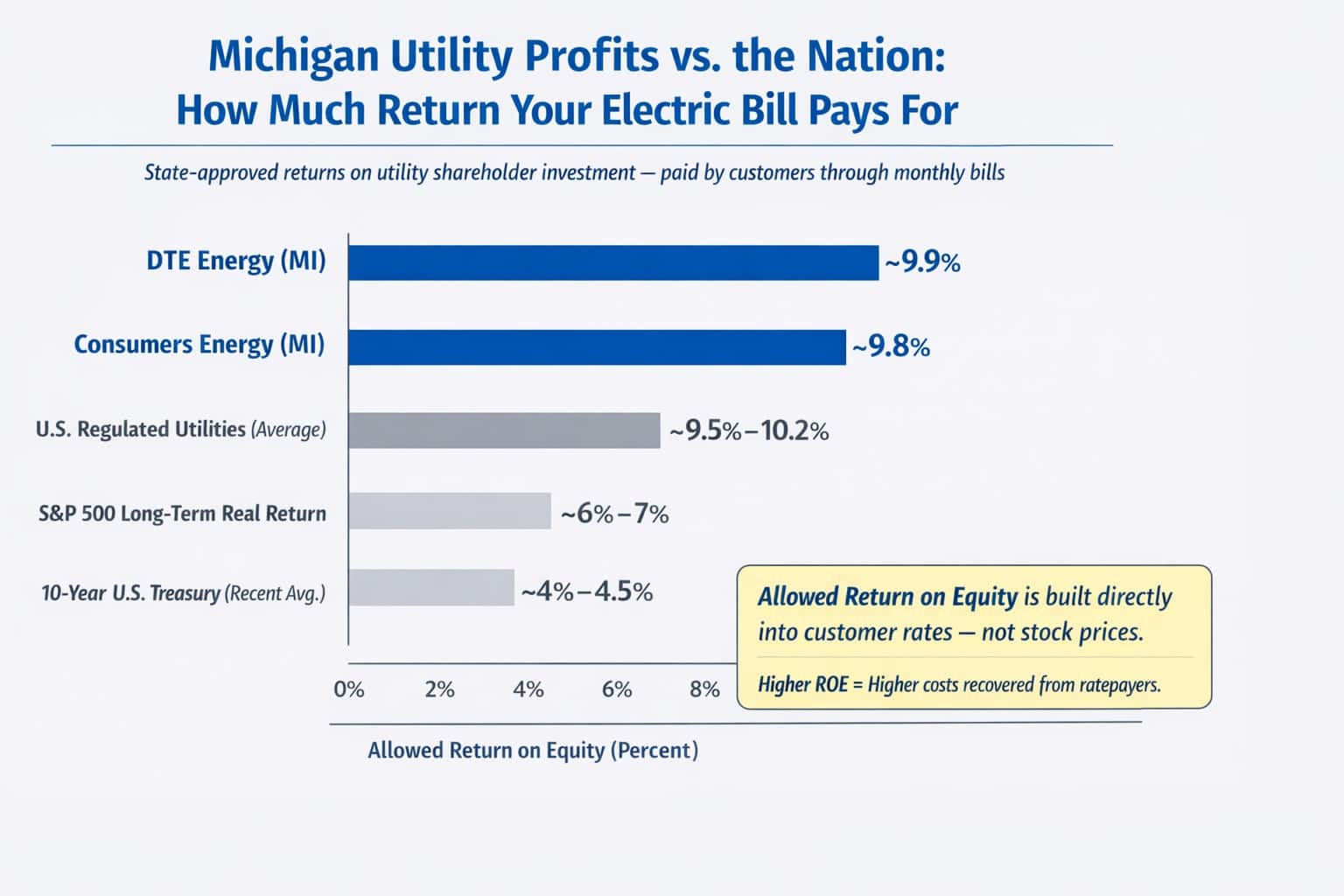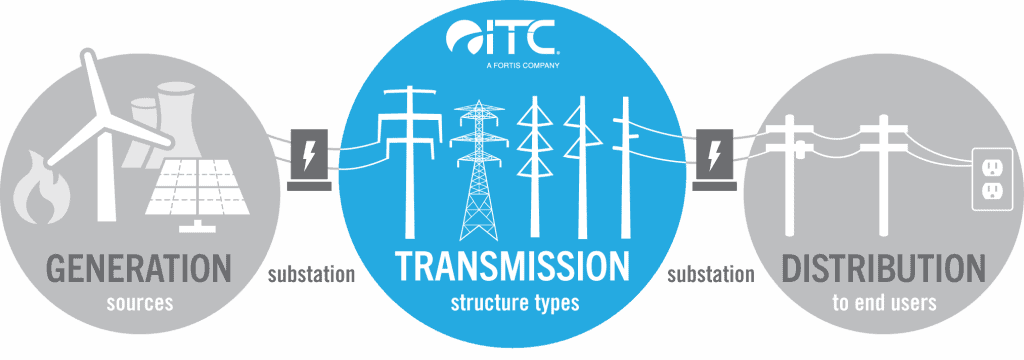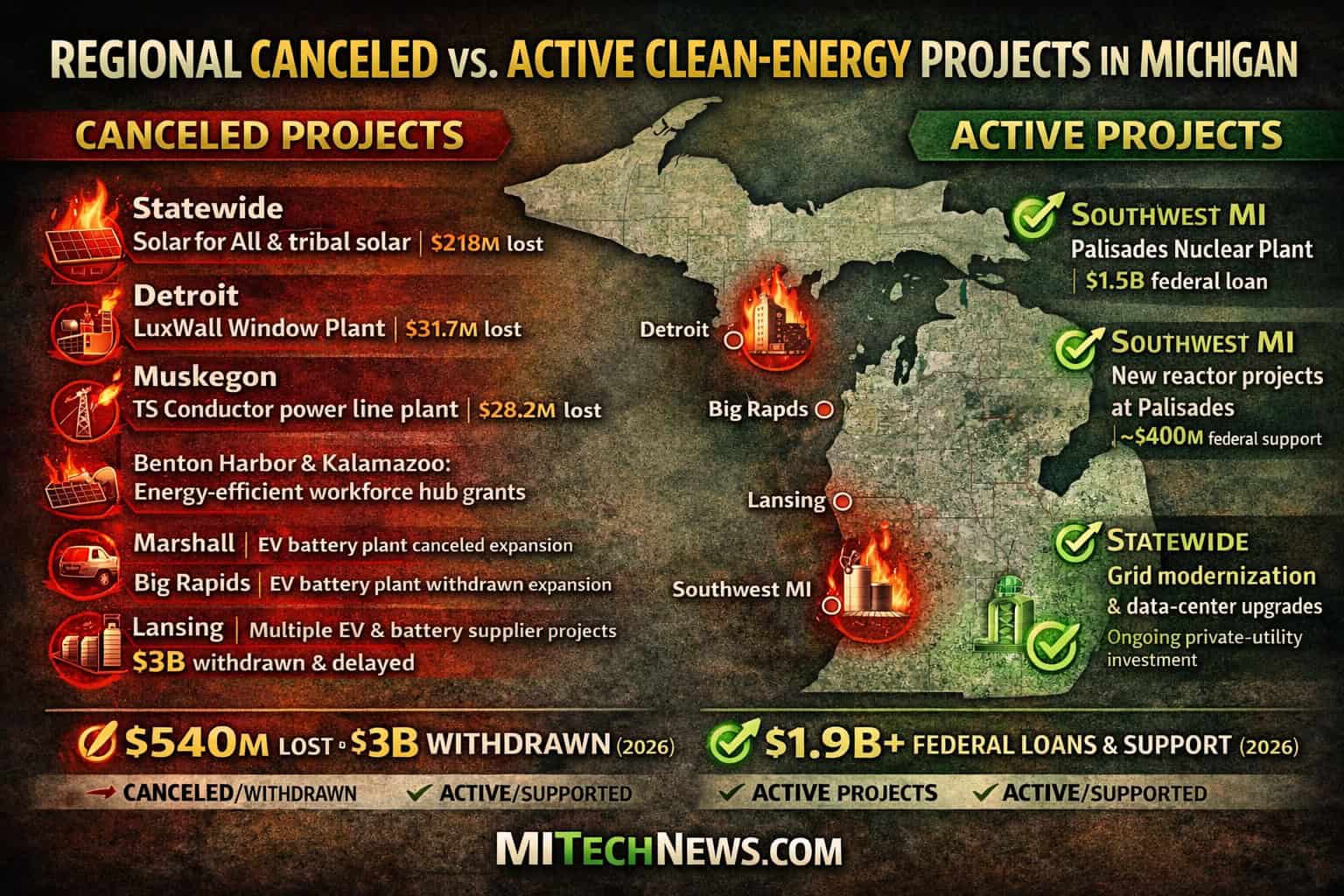CHICAGO – One large clean transportation project and a much smaller clean energy project were enough to vault Michigan into the Top 10 in a new ranking of clean jobs, according to a report issued today by the nonprofit, nonpartisan business group Environmental Entrepreneurs.
Michigan?s strong showing took place despite mixed signals from some of the state?s Congressional representatives around critical federal clean energy tax policies, but amidst new confidence about future job growth tied to the Clean Power Plan recently unveiled by the U.S. Environmental Protection Agency.
E2?s report shows that in Michigan 1,450 clean energy and clean transportation jobs were announced between April and June. Michigan ranked behind first-place Arizona and second-place California. Rounding out the Top 10 were: Utah (4), Massachusetts (5), New York (6), Nevada (7), New Mexico (8), North Dakota (9) and North Carolina (10). The full report is available at CleanEnergyWorksForUs.Org
Nationwide, more than 12,500 clean energy and clean transportation jobs were announced in 29 states.
Michigan is no stranger to E2?s Top 10 list. Thanks to previous announcements from sectors like energy efficiency, wind energy, and clean transportation, Michigan has now ranked in the Top 10 in five previous quarters dating back to 2012. Prior to this latest report, the last time Michigan ranked in the Top 10 was Q3 2013. For a complete listing of clean energy and clean transportation projects E2 has tracked in Michigan over the past two-plus years, Click on CleanEnergyWorksForUs.Org/States/Michigan
?Michigan already has a proven track record of creating high-paying clean energy jobs that save businesses and homeowners money on electric bills,? said Diana Nash, president and founder of Green Team Coalition, an energy auditing business based in Sterling Heights, MI. ?The strong point for Michigan is that we have a highly trained workforce ready to define and implement energy conservation measures. We have more work to do from a legislative and policy perspective. If the right mix of state and federal policies is put in place, Michigan’s skilled workforce can lead the way to a clean energy future.?
The vast majority of Michigan?s jobs numbers came from GM?s announcement in April that it?s investing $450 million and adding 1,400 jobs to the company?s operations at its Detroit-Hamtramck plant and its Brownstown Township manufacturing plant, where the company produces batteries for its Chevy Volt.
Michigan?s lone clean energy project was announced in the solar sector. In Walker, near Grand Rapids, California-based solar equipment maker SolarBOS is planning to open a new manufacturing facility expected to employ at least 50 people. The company already purchases some of its materials from suppliers in Belding and Saginaw.
These types of stories are increasingly common in Michigan, which thanks to a successful state-level Renewable Portfolio Standard has seen growth in clean energy jobs, with 31,000 people waking up to go to work every day in Michigan?s renewable energy sector, according to a 2009 report produced by Michigan?s Department of Energy, Labor, and Economic Growth. However, additional job growth opportunities remain.
In recent months, E2 has held business roundtables across the state to hear the Michigan business perspective on the Clean Power Plan. At previous roundtables in Traverse City, Grand Rapids, Marquette and Ann Arbor, local business leaders and elected officials have described how smart policies matter when it comes to job growth in the clean energy economy. On Sept. 3, E2 travels to Kalamazoo to hear from local business leaders there.
?This summer I?ve met with business leaders from across Michigan, and they?ve made it clear that when it comes to clean energy job growth in Michigan, policy matters,? said Gail Parson, E2?s Midwest Advocate. ?The Clean Power Plan is a huge opportunity for Michigan. It?s up to lawmakers to seize it.?
In May, E2 wrote a letter to Gov. Rick Snyder urging him to work closely with the EPA as it moves forward implementing carbon standards for power plants. Strong, state-level implementation of these standards sends a clear market signal to the private sector in Michigan and across the country to increase investments in clean, renewable energy sources and in energy efficiency, leading to cost savings, business expansion, and job growth. An analysis by the Natural Resources Defense Council shows that with the Clean Power Plan energy efficiency measures alone could save Michigan commercial and industrial businesses $629 million in 2020 while creating 6,900 direct new jobs.
When Congress returns to Washington in early September, it too has an opportunity to grow Michigan?s clean economy. Long-term extension of clean energy and energy efficiency tax incentives gives businesses the certainty they need to increase investments and add jobs. This is particularly important in a state like Michigan, which has a wind industry that?s grown in fits and starts thanks to the on-again, off-again nature of the Production Tax Credit (PTC) for wind.






